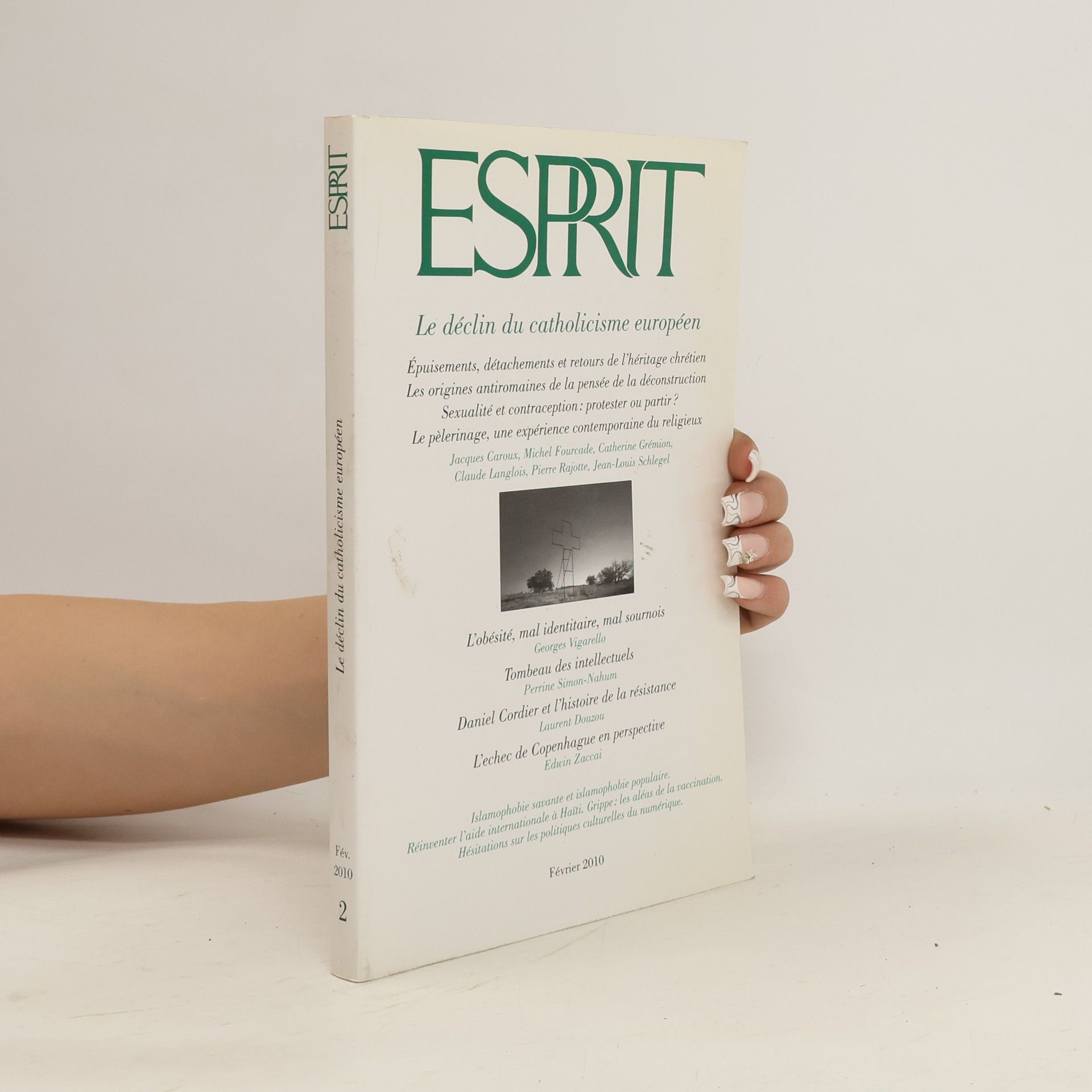A History of Fatigue - From the Middle Ages to the Present
- 424 pages
- 15 hours of reading
"This pioneering book explores the rich and little-known history of fatigue from the Middle Ages to the present. Vigarello shows that our understanding of fatigue, the words used to describe it, and the symptoms and explanations of it have varied greatly over time, reflecting changing social mores and broader aspects of social and political life. He argues that the increased autonomy of people in Western societies (whether genuine or assumed), the positing of a more individualized self, and the ever expanding ideal of independence and freedom have constantly made it more difficult for us to withstand anything that constrains or limits us. This painful contradiction causes weariness as well as dissatisfaction. Fatigue spreads and becomes stronger, imperceptibly permeating everything, seeping into ordinary moments and unexpected places.Ranging from the history of war, religion and work to the history of the body, the senses and intimacy, this history of fatigue shows how something that seems permanently centered in our bodies has, over the course of centuries, also been ingrained in our minds, in the end affecting the innermost aspects of the self." -- Provided by publisher



